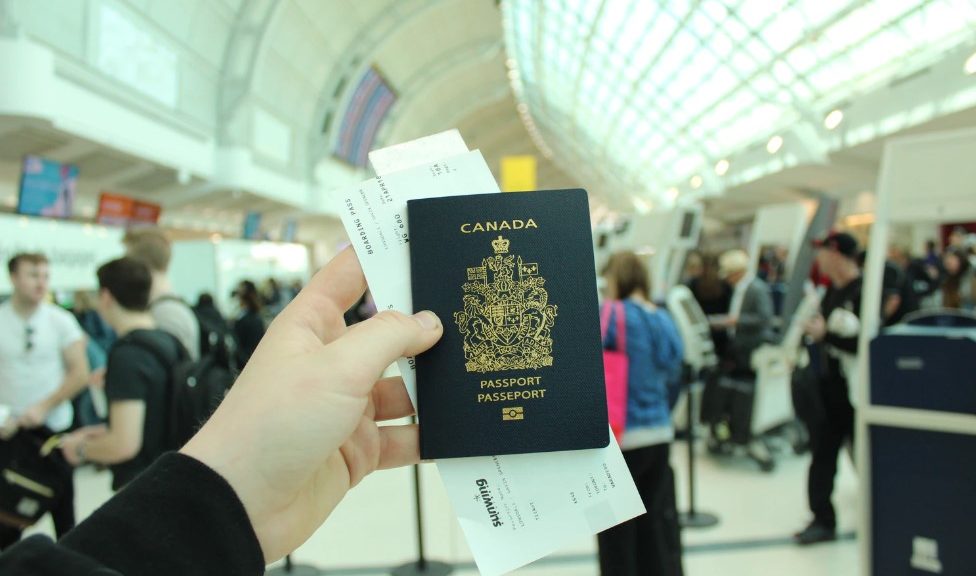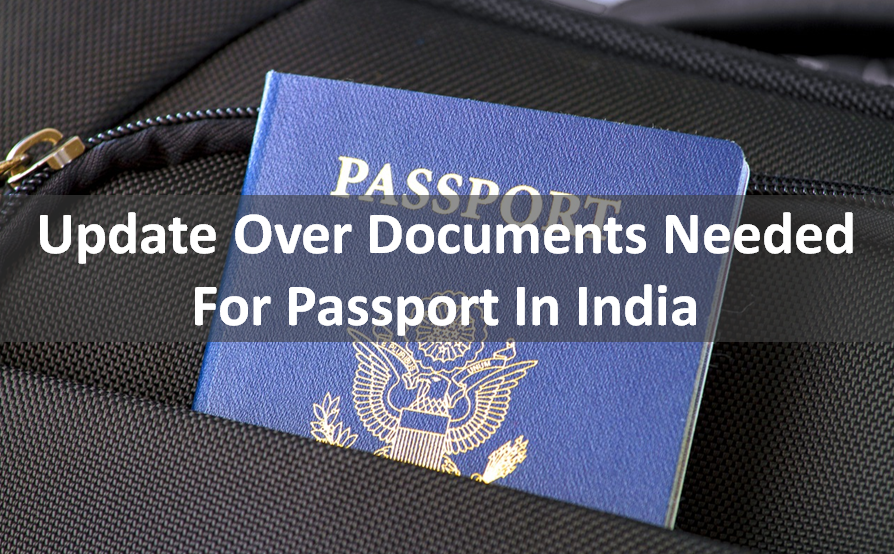
NRIs Certificate Checklist to Enter EU Upon Lifting Travel Ban
The outbreak of COVID-19 has forced countries to enforce a travel ban. All services across the globe have been paralyzed. Lockdown has been imposed and movements are completely stopped unless it is an emergency.
But now, the Spanish Ministry of Foreign Affairs (MFA) has announced to unlock its flight services. The Spanish Ministry of Interior has permitted unmarried NRIs or unregistered bachelor partners of European Union (EU) citizens to reunite by following a pre-defined procedure of entry.
Spain MFA Lifts Up Travel Ban
This big announcement came in public through the Twitter handle of the Spanish MFA. It reads:
“Given the current #COVID19 travel restrictions, the Spanish Ministry of Foreign Affairs, with the collaboration of the Ministry of Interior, has established a procedure for the entry into Spain of unmarried/unregistered foreign partners of European Union citizens.”
It subtly states that foreign nationals can re-live with their EU partners, provided that they have contacted the corresponding Consular Office and submitted the requisite documents. These documents should have proofs of their relationship.
Checklist of Documents
- Travel proof like plane tickets on the same flight or, a notarized statement by an EU citizen
- Unmarried certificate that must be apostilled or legalized
- Proof of an appointment to enter into a contract of marriage in Spain from the Spanish authority, if there is any
- Registration on the census
- Joint rental contracts
- Joint bank account statements
- Joint invoices
- Joint ownership of assets
- Invitations to family events such as weddings, etc.
These documents will have other docs like visa and passport also, which have been generally asked to show up while taking a flight to any European country. This documentation procedure will be similar to the old one, wherein the non-residents have to go to the providers of services to NRIs for getting assistance in enclosing duly attested bachelorhood or marriage proofs by SDM & the Ministry of External Affairs (MEA) with the application. In short, this procedure will be a replica of the pre-conducted emigration procedure.
Post Documentation Procedure
Upon submission, the Ministry of Home Affairs will assess the application and verify documents. Then, the applicant NRIs can visit the Consular Office to receive a substantiating certificate, which they must have to board the plane. The final decision about their compliance with requirements will be made by the migration authorities at the checkpoint.
People have been struggling with coronavirus globally. Now, it would be a big challenge to re-start with the whole procedure from the scratch, scheduling interviews and submitting applications.
Countries Lifting Travel Restrictions
Together with Spain, there are many other countries that have exempted air services from ban. These are Austria, Croatia, the Czech Republic, Denmark, Finland, France, Germany, Norway, Switzerland, and the Netherlands.
The non-residents who are bachelors can contact consular office to know about the checklist of certificates to be submitted. However, many of these would include the aforesaid list of documents.
Many have found that the Spanish MFA is unfair in this matter. These are those who have third-country passports. A few more ones are added to the list of unhappy people who cannot provide all documents for legalization or verification.




 this is link
this is link